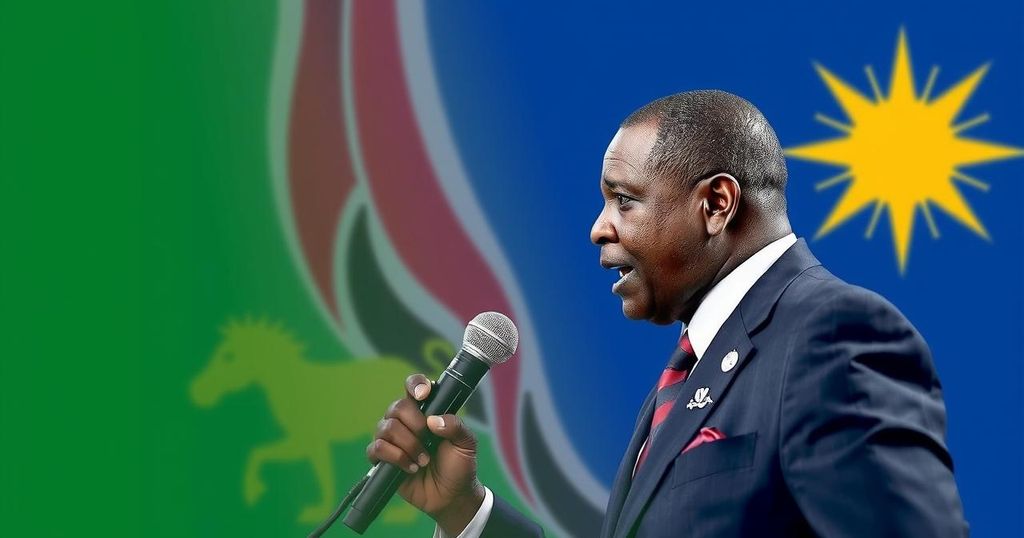Namibians are voting for their seventh President and National Assembly members, with SWAPO facing potential challenges. Netumbo Nandi-Ndaitwah could become the country’s first female president. Political analyst Rui Tyitende provides insights into what is at stake in this election.
Namibia is conducting elections for its seventh President and members of the National Assembly, marking a pivotal moment since the country achieved independence 34 years ago. The ruling party, SWAPO, led by presidential candidate Netumbo Nandi-Ndaitwah, stands at a crucial juncture. If victorious, she would become the first female African president of Namibia and the third in Africa’s history. Political analyst Rui Tyitende provides insight into the implications of this election and the priorities of the top candidates.
The significance of the Namibian election extends beyond mere governance; it represents a potential shift in leadership after 34 years under SWAPO’s reign. SWAPO, originally a liberation movement, has been dominant in Namibian politics since independence, yet growing dissent and calls for change have surfaced, particularly among younger voters. This election could signal a departure from the established political order, especially if a new candidate emerges triumphant.
The upcoming Namibian elections will determine not only the future leadership of the nation but also potentially end the lengthy dominance of SWAPO. As voters head to the polls, the stakes are high, with the possibility of electing a groundbreaking female president who could reshape the political landscape. The outcome will reflect public sentiment and the demand for renewed political engagement.
Original Source: www.voaafrica.com






